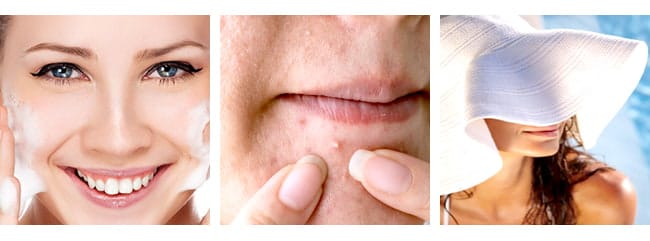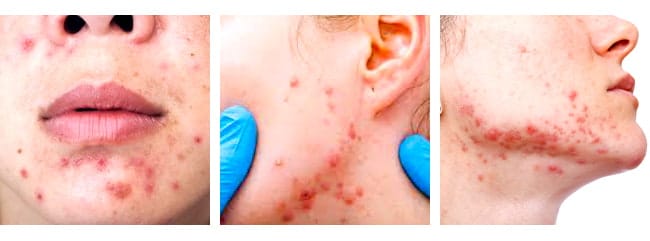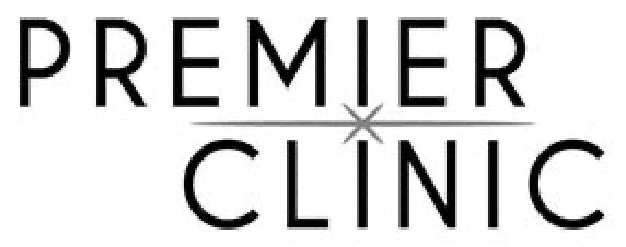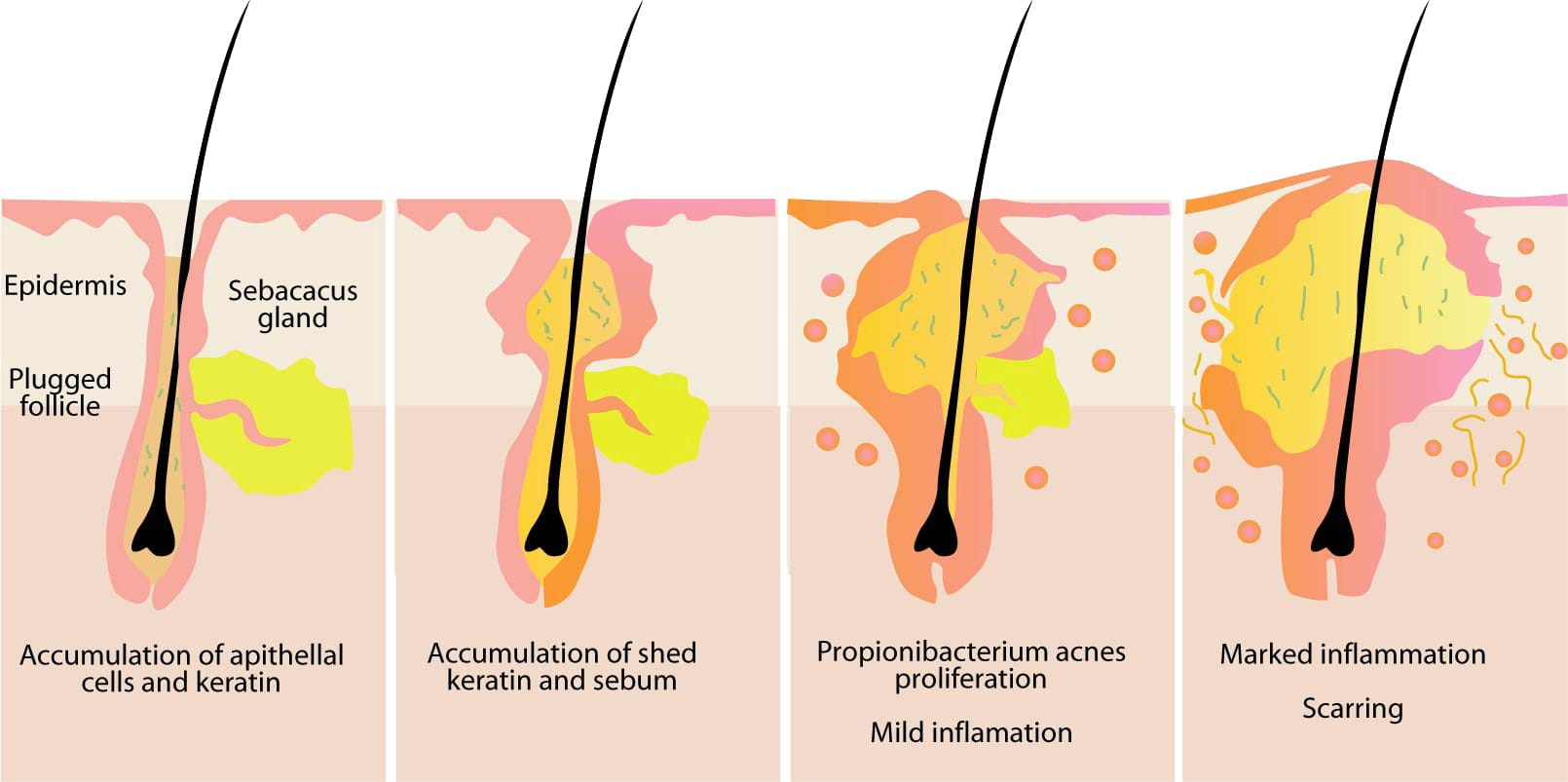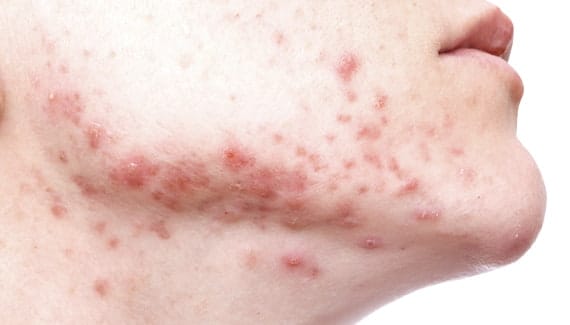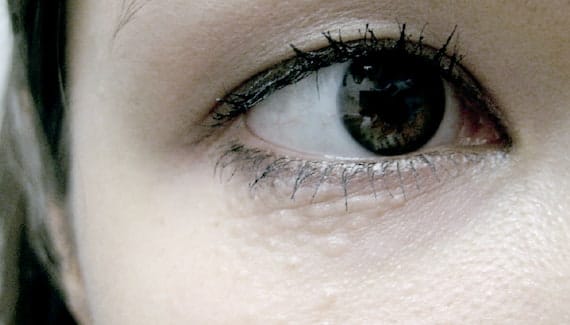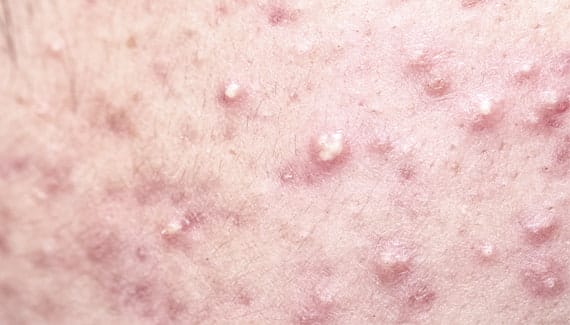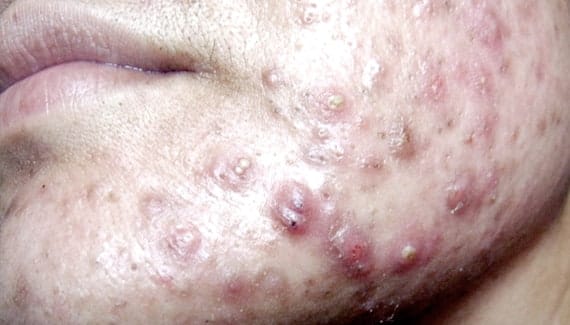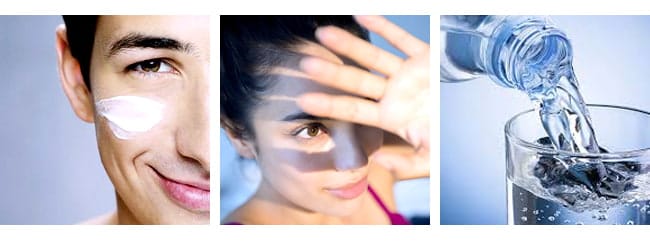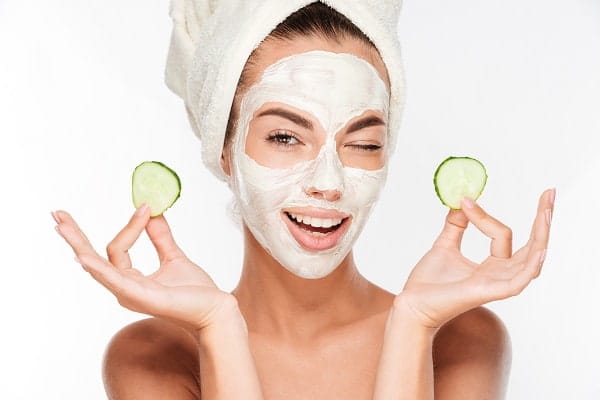Products with pore-clogging ingredients: Mineral oils or silicones in cleanser products are known to cause pores to clog.
Overusing oil treatment products: Putting too much oil control products containing topical salicylic acid, benzoyl peroxide, or sulphur can cause your skin to dry out unnaturally. In response to this, your skin will produce more oil and thus, more breakouts.
Smoking: Smoking can decrease the amount of oxygen that goes to your facial skin. Also, the carcinogens contained in the smoke will dry out your skin and causing it to produce more oil.
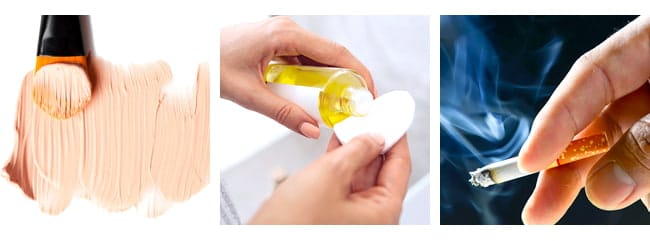
Contact with hands: Keep it to your hands! As simple as that. As our hands are exposed to a lot of bacteria, putting it to our face might not be a good idea, especially when we are trying to avoid acne.
Sun exposure: If you’re a sunbather, it would be wise to stop for a moment. As the sun heats up your skin, it loses its natural moisturizers, and triggering more oil production and cause more pimples to pop up.
Hormones: Hormone is also a big factor to the development of acne breakouts. Androgen hormone will cause skin to secrete more sebum than usual, thus causing the pores to block and cause acne.
Diet: Certain food can spike your insulin and sugar level in your blood. This will lead to acne breakouts. This include high – glycemic carbohydrates, dairy, saturated fats and trans fat.
Picking/Touching active acne: For sensitive skin, picking or touching your acne may cause more harm than intended. You may unintentionally spread the bacteria and sebum to the other parts of your skin, and only make it worse.
